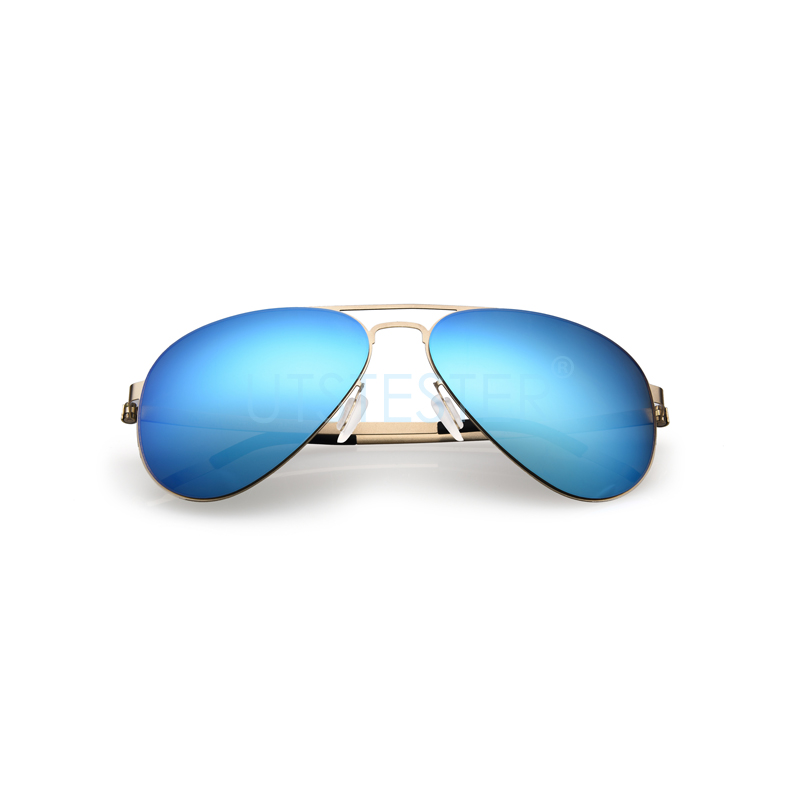 +86 152 6060 5085
+86 152 6060 5085
 +86 152 6060 5085
+86 152 6060 5085
2018-12-24
As we all know, the materials used to make lenses are mainly optical glass, optical resin and natural materials. No matter it is made of inorganic material or organic material, in daily use, the friction with dust or gravel (silica) will cause the wear of the lens, resulting in scratches on the lens surface. Scratches are bound to have a huge impact on the quality of glasses.
Fog and transmittance are indispensable parameters for glasses detection. The abrasion and abrasion of the lens will directly affect the fog and transmittance of the lens. Therefore, anti-wear film technology has been accompanied by the glasses industry. How to detect the wear resistance and wear resistance of lenses? Grinding test is one of the common methods. Put the lens in the propaganda material containing gravel (stipulate the grain size and hardness of gravel), and rub back and forth under certain control. At the end, the diffuse reflectance of light before and after the lens friction was measured with fogometer and compared with the standard lens.

Application of fogometer(Eyewear testing equipment) in glasses industry
In addition, the fogging degree and transmittance of the lens should be strictly controlled and must meet the standard requirements. The fogging meter is a commonly used detection instrument. The following are the relevant parameters of the fogging meter:
Sample size: the maximum measurement size of the sheet tester (50X50mm) can be 150X180mm
16. Phi a test beam: phi 20 mm from the inlet opening, phi 14 mm from the beam
Department of optics: fog, transmittance ISO 13468, JIS K7361, ISO 14782(according to ASTM D1003 JIS K7105)
Spectroscopic property: V(lambda) with D65 or A light is optional, depending on the light source, receptor, or color filter
Cold Mirror halogen lamp 12V 50W(reference life :2000 hours)
Filter: D65 light /A light filter can be switched
Light sensor: flat silicon photodiode
Integrating sphere:
Phi 150mm(with a reflectivity of 97% and over, hand-coated 3-layer BaSO4);
Phi with a minimum determination area of 14mm and a minimum determination sample size of 50mm (involving sample fixation).
Display: Tt, Td, Tp, H are displayed simultaneously
Reading accuracy:±0.1%
Interface: RS - 232 - c
Size: 560 (W) x230 x220mm (D) (H)
Weight: about 13Kg
Power supply: AC100V±10V 50/60hz
Measurement items:
Total light transmittance Tt: all the light that passes through the sample;
Diffused light transmittance Td: diffused light transmittance through the sample;
Parallel light transmittance Tp: the amount of parallel light passing through the sample;
Haze value H: diffused light transmittance/total light transmittance * 100.
China has a huge eyeglasses market with huge growth potential and fierce market competition. In such a fierce market competition situation, the quality of glasses will affect the survival of enterprises.Eyewear testing equipment to ensure the high quality production of glasses will enable the enterprise to stand firm in the fierce competition and maintain long-term development.
Email: hello@utstesters.com
Web: www.utstesters.com
Tel: +86 596 7686689
Direct line: +86 15260605085
Previous article :
Merry ChristmasNext article :
Knowledge of instrument maintenance